Michael Schneider & La Stagione Orchestra - Telemann: Funeral Music for Garlieb Sillem (1994)
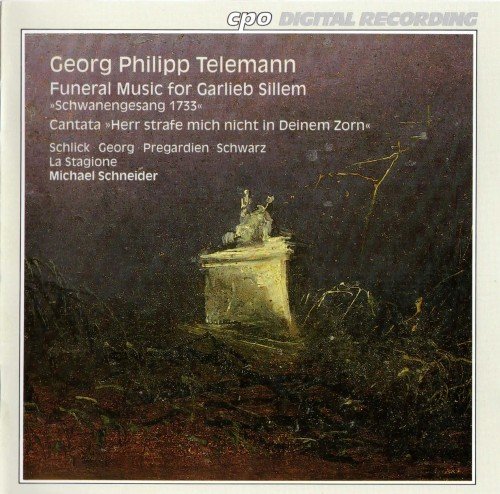
Artist: Michael Schneider / La Stagione Orchestra
Title: Georg Philipp Telemann: Funeral Music for Garlieb Sillem
Year Of Release: 1994
Label: CPO
Genre: Classical
Quality: FLAC (image + .cue, log, artwork)
Total Time: 61:37 min
Total Size: 273 MB
WebSite: Album Preview
Tracklist:Title: Georg Philipp Telemann: Funeral Music for Garlieb Sillem
Year Of Release: 1994
Label: CPO
Genre: Classical
Quality: FLAC (image + .cue, log, artwork)
Total Time: 61:37 min
Total Size: 273 MB
WebSite: Album Preview
Schwanengesang 1733 TVWV 4.6
01. Sinfonia
02. Coral 'Ach, wie nichtig, ach, wie fluchtig'
03. Dictum (Chor) 'Der Mensch, vom Weibe geboren'
04. Aria (Soprano) 'Mocht ein Mensch doch dieses fassen'
05. Recitativo (Bass) 'Der Schauplatz dieser Welt'
06. Aria (Tenor) 'Jugend, ziere dich mit Kranzen'
07. Choral 'Komm, Sterblicher, betrachte mich'
08. Dictum (Bass) 'Mein Odem ist schwach'
09. Recitativo (Sopran) 'Ja, ja, das Grab ist da'
10. Aria (Alto) 'So schnell kann kaum ein Rauch verfliegen'
11. Accompagnato (Bass) 'Indem ich dieses uberlege'
12. Dictum (Bass) 'Ach nimm nun Herr meine Seele'
13. Recitativo e Accompagnato (Bass) 'So sterb ich denn'
14. Aria (Soprano) 'Herrscher der gestirnten Hohen'
15. Accompagnato (Bass) 'Nun ist, gottlob, mein Lauf vollbracht'
16. Choral 'Erscheine mir zum Schilde'
17. Accompagnato (Bass) 'Es nahet sich, ich fuhl es schon, mein Ende'
18. Choral 'Da meine Krafte brechen'
19. Aria (Bass) 'Senket denn die morschen Schalen'
20. Choral 'Wenn Du an jenem Tag'
'Herr, strafe mich nicht in Deinem Zorn' TVWV 1.771
21. Sonata
22. Dictum (Alto,Tenor) 'Herr, strafe mich nicht in Deinem Zorn'
23. Dictum (Choir) 'Eile, mir beizustehen'
24. Accompagnato (Bass) 'Mein Herz ist sehr verletzt'
25. Aria (Soprano) 'Jesu, meine bittren Zahren'
26. Recitativo (Alto) 'Ich hoffe noch'
27. Aria (Tenor) 'Wenngleich der Busse Tranen'
28. Recitiativo (Soprano) 'So offne Du den holden Mund'
29. Aria (Bass) 'Sind meine Sunden mir geschenket'
30. Choral 'Wenn ich in Todesnoten bin'
The rule holds: even with funeral music, Telemann is fun while Bach is profound. This album offers a funeral cantata Telemann wrote for the deceased mayor of Hamburg, paired with a church cantata, Herr, strafe mich nicht in deinem Zorn (Lord, Do Not Punish me in Thy Anger). Schwanengesang 1733 (Swan Song of 1733) is distinctive in that it has a text written by the funeral honoree, apparently penned shortly before his death. The differences between Telemann and Bach are clear from the opening Sinfonia, where Telemann sets the mood with a marchlike operatic effect; Bach would have relied on more conventional but deeply elaborated harmonic means. The text opposes religious sentiments to more personal expressions of the torments and fears of dying, and Telemann effectively mirrors the various rhetorical devices in the text by juxtaposing chorale-based movements with aria and recitative structures, instead of building the piece on an all-pervasive chorale. The work is an interesting addition to the corpus of Telemann pieces that have seen the light of day on recordings, but the performance by La Stagione Frankfurt is lifeless even if technically unimpeachable. Part of the problem results from director Michael Schneider's reliance on what has been called "Madrigal in B minor" approach to German Baroque choral music: just one additional singer (a "ripieno soprano," alto, tenor, and bass) joins each soloist on each part in the choral movements. There is some (although by no means conclusive) documentary evidence for this procedure, but in a music built on the idea of the congregational chorale it makes no interpretive sense. Given that Telemann's melodies, in both Schwanengesang and the church cantata, are not consistently memorable, the music drags due to lack of differentiation. The best performances of Telemann pick up on his freewheeling imagination, but this does not number among them. -- James Manheim
![Batsumi - Batsumi (2021) [Hi-Res] Batsumi - Batsumi (2021) [Hi-Res]](https://www.dibpic.com/uploads/posts/2021-06/1623332057_1280x1280.jpg)
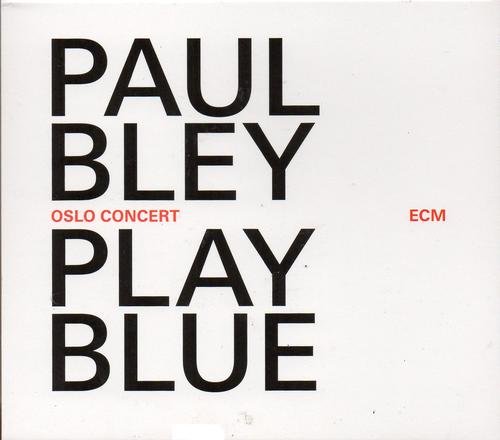
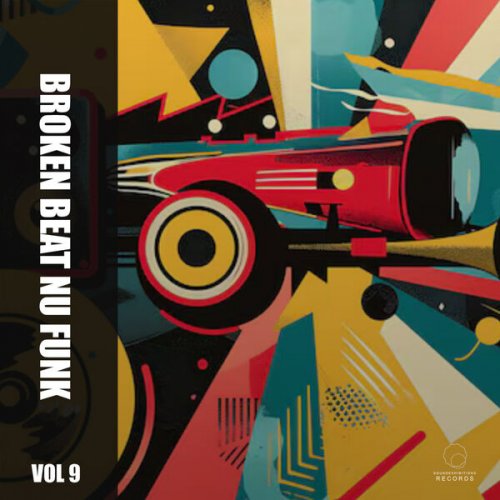
![Malene Mortensen & Christian Sands - Malene & Christian (2026) [Hi-Res] Malene Mortensen & Christian Sands - Malene & Christian (2026) [Hi-Res]](https://www.dibpic.com/uploads/posts/2026-02/1770214038_ye95svxsd11r2_600.jpg)
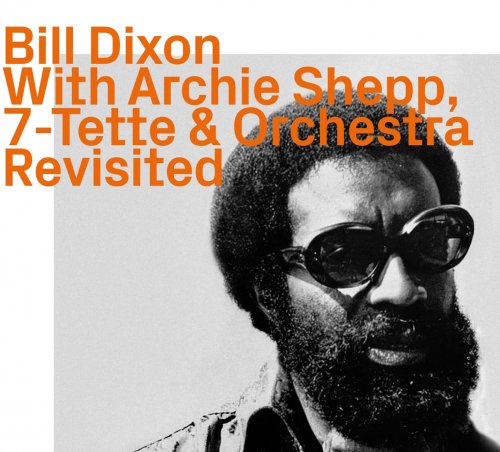
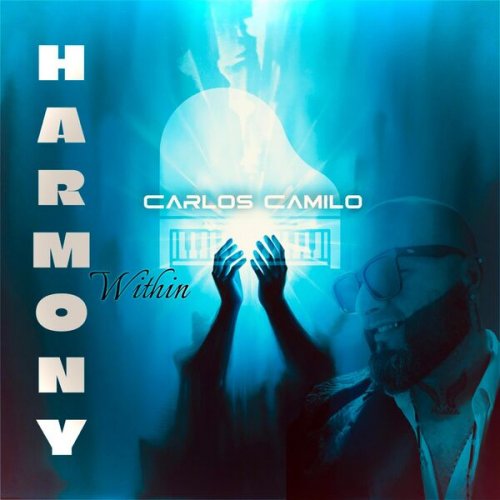
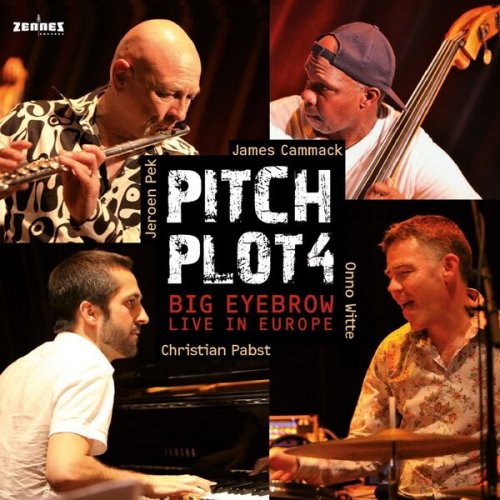
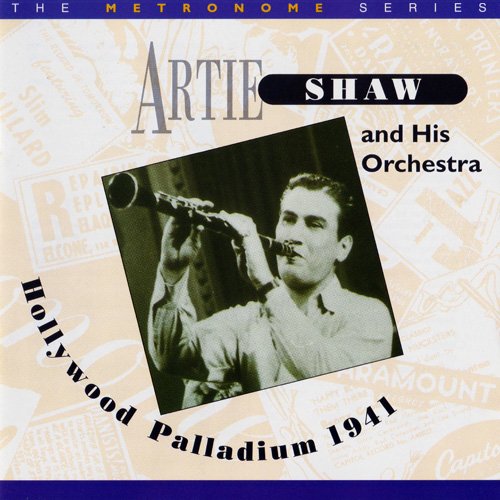
![Dela Hüttner’s SwingThing - Pause for a moment (2026) [Hi-Res] Dela Hüttner’s SwingThing - Pause for a moment (2026) [Hi-Res]](https://www.dibpic.com/uploads/posts/2026-02/1770561049_cover.jpg)